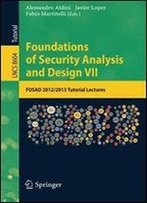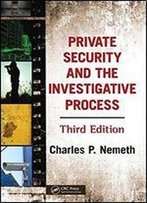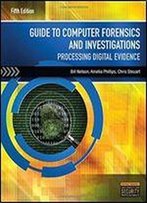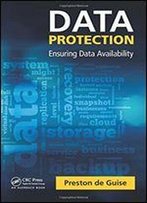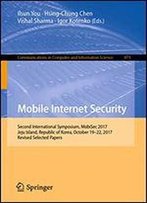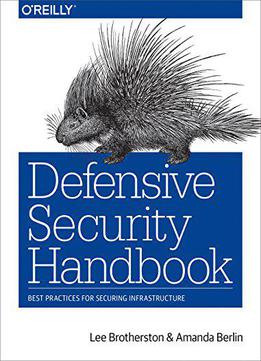
Defensive Security Handbook: Best Practices For Securing Infrastructure
by Lee Brotherston /
2017 / English / AZW3
3.9 MB Download
Despite the increase of high-profile hacks, record-breaking data leaks, and ransomware attacks, many organizations don’t have the budget to establish or outsource an information security (InfoSec) program, forcing them to learn on the job. For companies obliged to improvise, this pragmatic guide provides a security-101 handbook with steps, tools, processes, and ideas to help you drive maximum-security improvement at little or no cost.
Each chapter in this book provides step-by-step instructions for dealing with a specific issue, including breaches and disasters, compliance, network infrastructure and password management, vulnerability scanning, and penetration testing, among others. Network engineers, system administrators, and security professionals will learn tools and techniques to help improve security in sensible, manageable chunks.
Learn fundamentals of starting or redesigning an InfoSec program
Create a base set of policies, standards, and procedures
Plan and design incident response, disaster recovery, compliance, and physical security
Bolster Microsoft and Unix systems, network infrastructure, and password management
Use segmentation practices and designs to compartmentalize your network
Explore automated process and tools for vulnerability management
Securely develop code to reduce exploitable errors
Understand basic penetration testing concepts through purple teaming
Delve into IDS, IPS, SOC, logging, and monitoring



